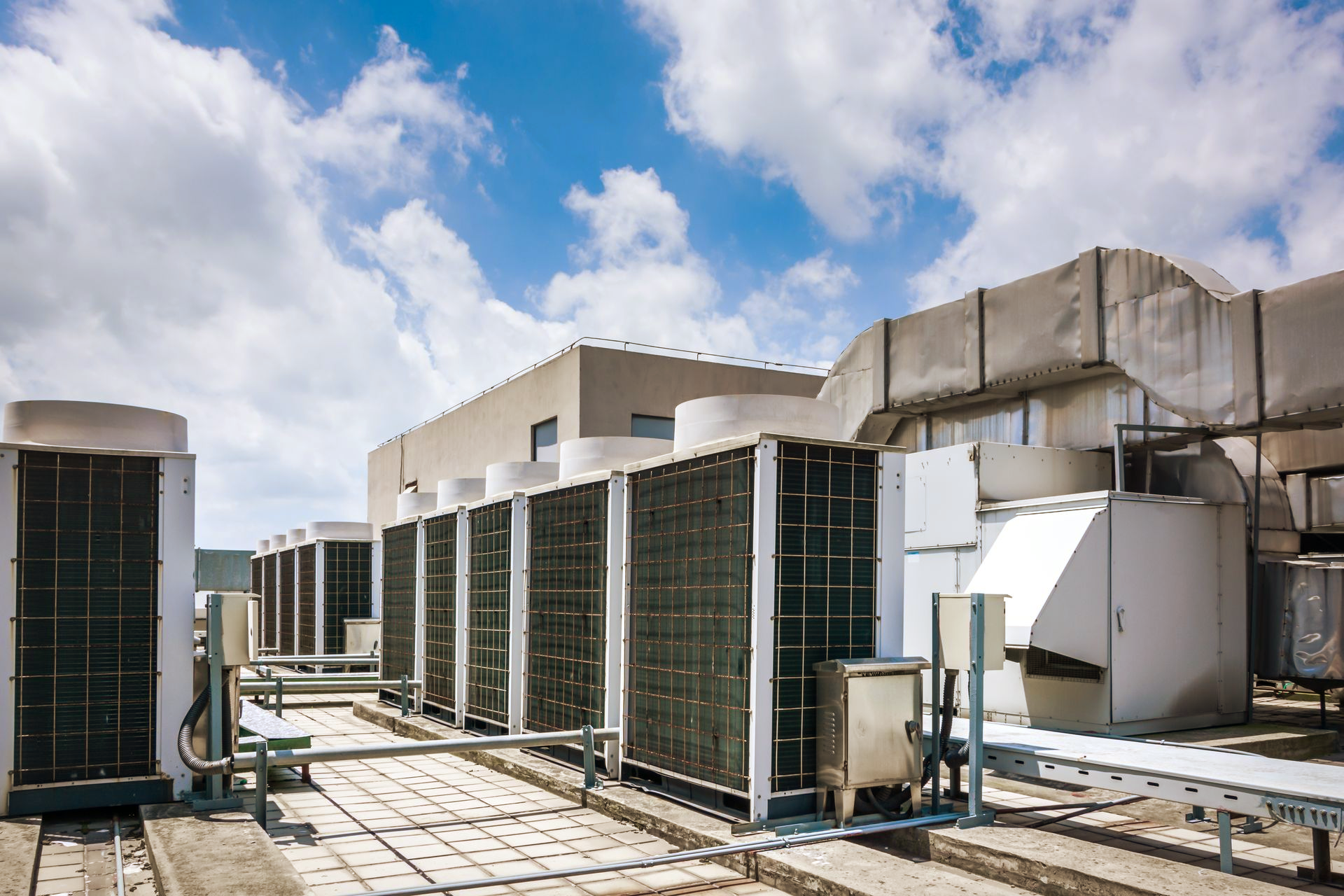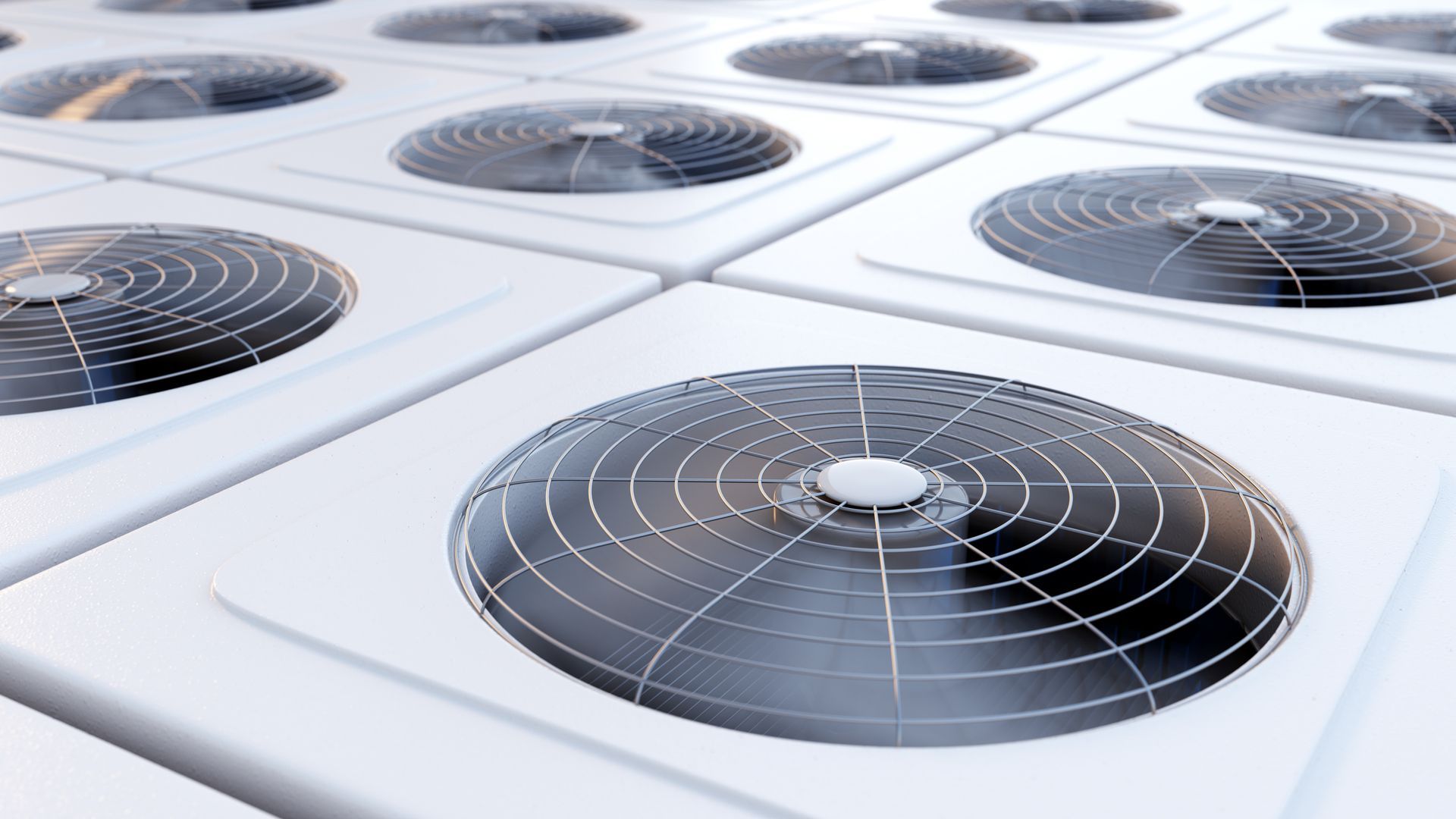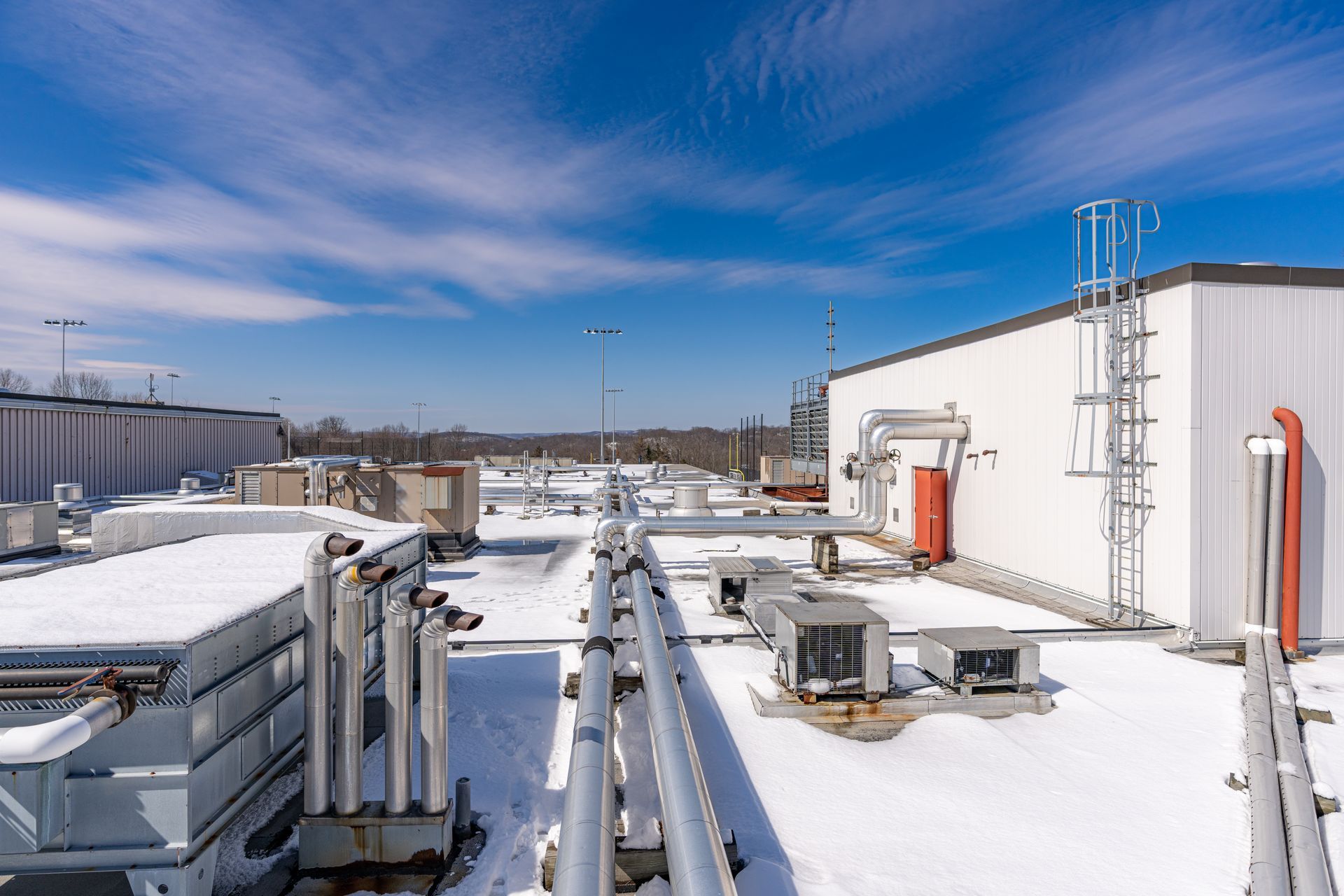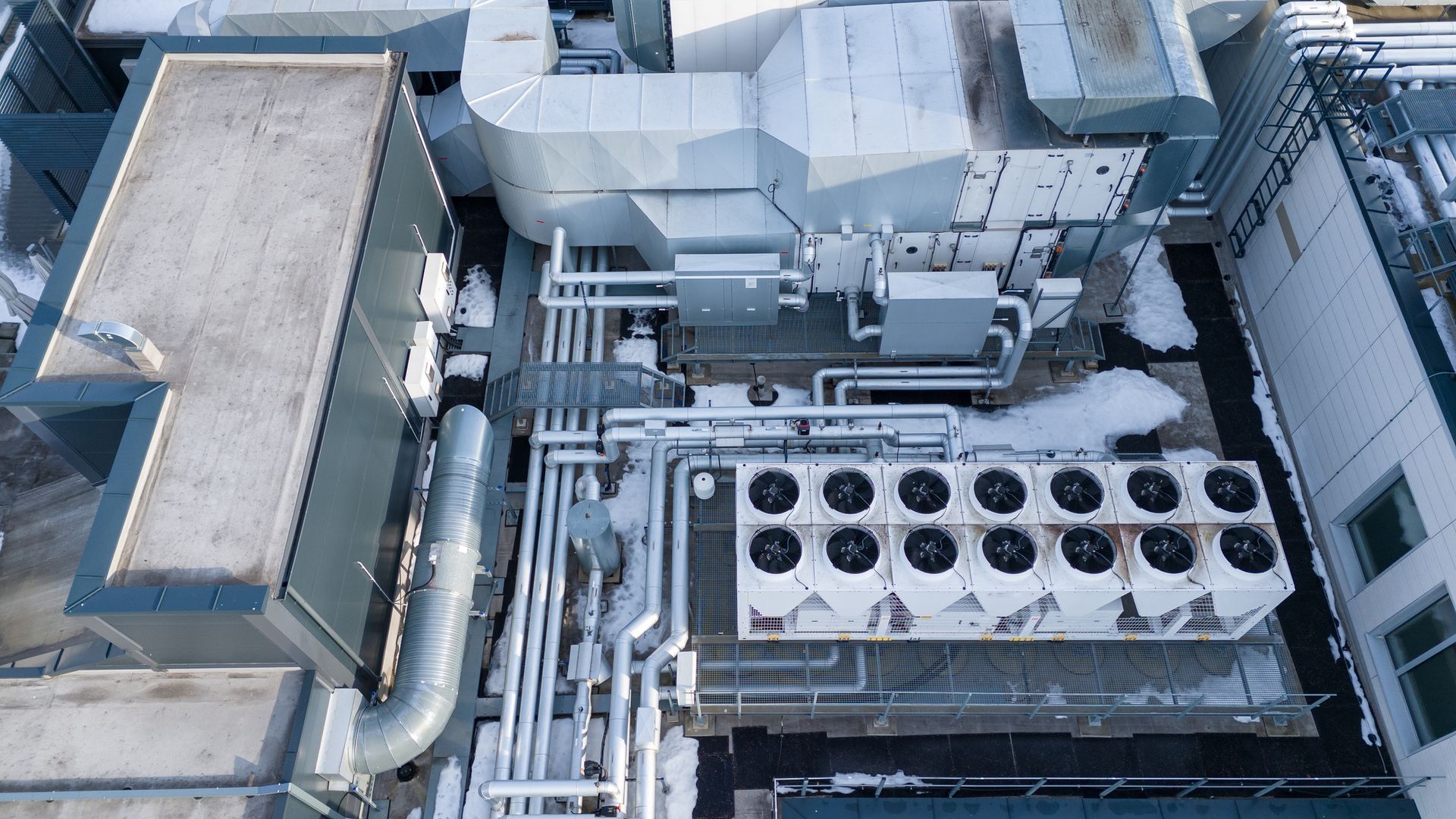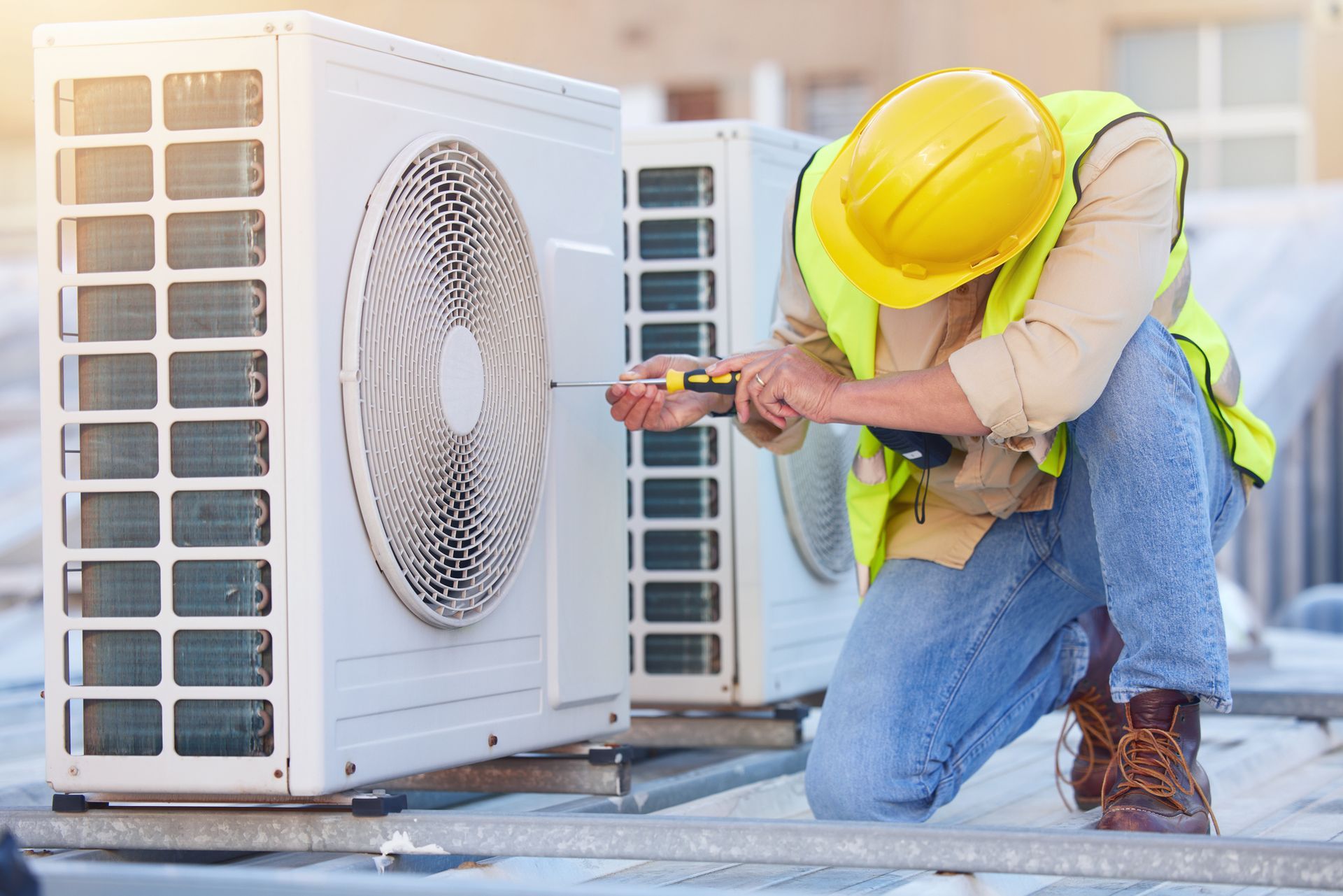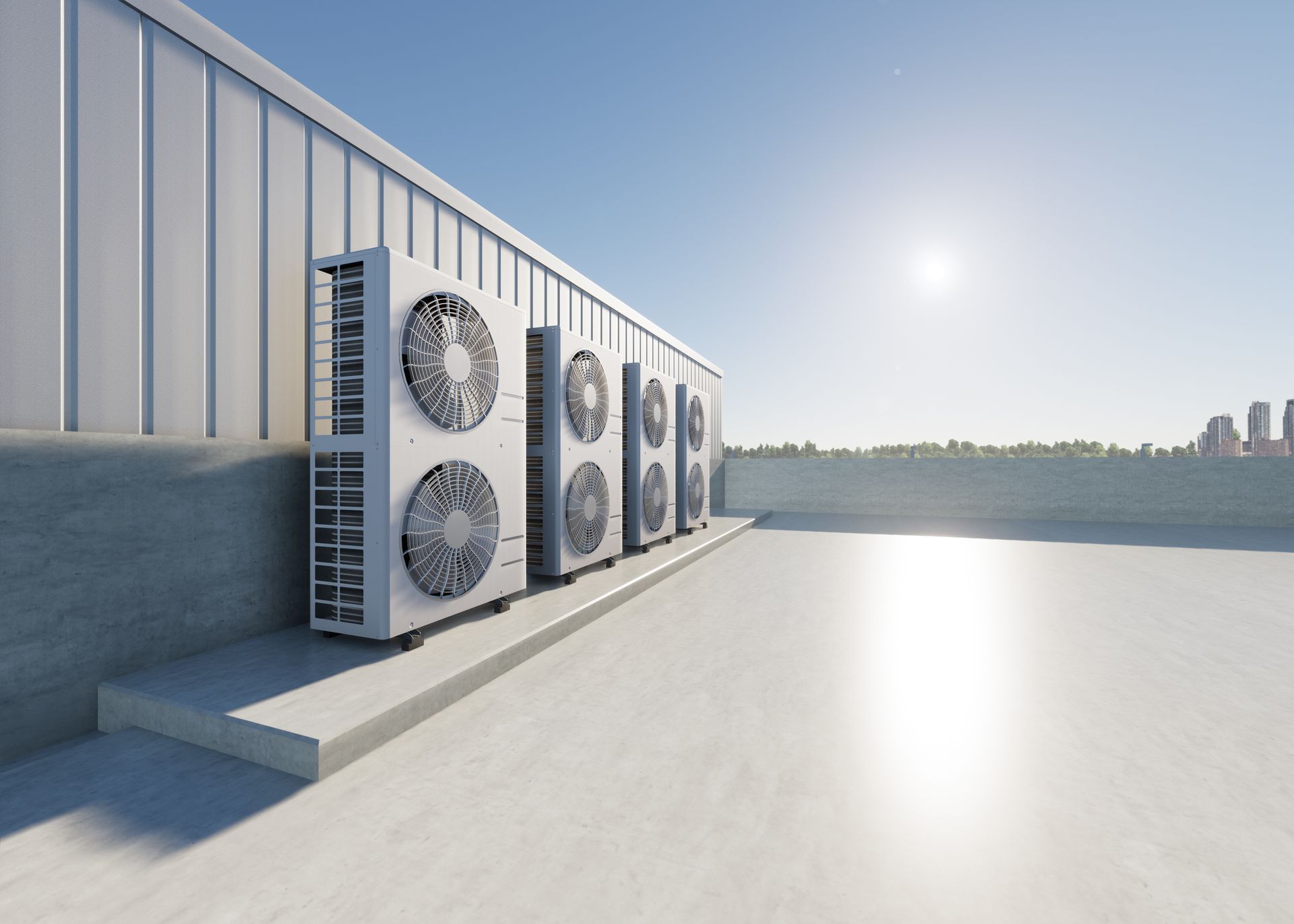The Dangers of Freon Leaks & How to Avoid Them
Have you ever heard of Freon leaks? Maybe you remember Freon from chemistry class a long time ago?
Well let us refresh your memory…
Freon isn’t an element, or even a naturally occurring substance. The name “Freon,” which is actually a registered trademark, is used to describe an entire class of a synthetic chemicals that are commonly used in refrigeration products (also called “refrigerants). These products that are variants of Freon are typically stable and nonflammable, but they are also toxic.
Some variation of Freon is probably in your refrigeration unit or air conditioning unit right now, so it’s important that you understand the dangers, and how to avoid them! However, since we don’t know exactly which version of Freon we are dealing with, we’re going to keep this article as broad as possible.
WHAT ARE THE DANGERS OF FREON LEAKS?
First of all, the dangers of exposure to Freon are not life-threatening so long as the exposure is minimal. Prolonged, intense exposure to Freon can have a much more detrimental impact on a person’s health.
IN GENERAL, THE DANGERS OF MILD EXPOSURE TO FREON INCLUDE THE FOLLOWING:
Irritation of the eyes & ears
Irritation of the throat & coughing
Nausea & vomiting
Headache
Frostbite or chemical burns (in the case of direct, physical contact)
Dizziness or lightheadedness
AND THE DANGERS OF CONCENTRATED OR PROLONGED EXPOSURE TO FREON INCLUDE:
Fluid or blood buildup in the lungs
Vomiting blood
Burning sensation in the esophagus
Difficulty breathing
Decrease mental capacity
Seizures
Loss of Consciousness
Cardiac Palpitations
Death (in extreme circumstances)
The demographic that is most vulnerable to the effects of Freon are individuals who suffer from heart problems. In small amounts, the effects of Freon should be relatively benign. However, more concentrated exposure to Freon can lead to severe, high-frequency, and potentially dangerous cardiac palpitations.
The direct inhalation of Freon to ‘get high’ has managed to catch on in certain circles. This is particularly risky. There have been fatalities that have occurred as a result of even the first use of Freon as a drug. Inhaling Freon can cut off the oxygen supply to your cells and lungs.
HOW TO DETECT + PREVENT FREON LEAKS
The 2 places where you are mostly likely to find Freon are your air conditioning unit and your refrigeration unit. We’ll start by listing some warning signs for leaks in your A/C unit.
SIGNS THAT YOUR A/C UNIT HAS A FREON LEAK
It’s blowing out hot air, especially during daylight hours
Frost is building up on your indoor air conditioner coil
Condensation is leaving puddles on your floor
There are visible holes or cracks in your A/C coil
In extreme cases, you might be able to hear the Freon escaping
SIGNS THAT YOUR REFRIGERATION UNIT HAS A FREON LEAK
It’s no longer cold inside
You’re hearing hissing and gurgling sounds
There are puddles underneath the refrigeration unit
There is evidence of damage in the tubing or condenser
The evaporator coils are covered in frost and/or ice
If you are noticing any of these symptoms in your air conditioning unit or your refrigeration unit, it’s time to call the professionals. This stuff can be dangerous, so don’t delay! You can make an appointment with us at Evolution Maintenance. We’re here to help!
EVOLUTION MAINTENANCE COMMERCIAL HVAC BLOG
